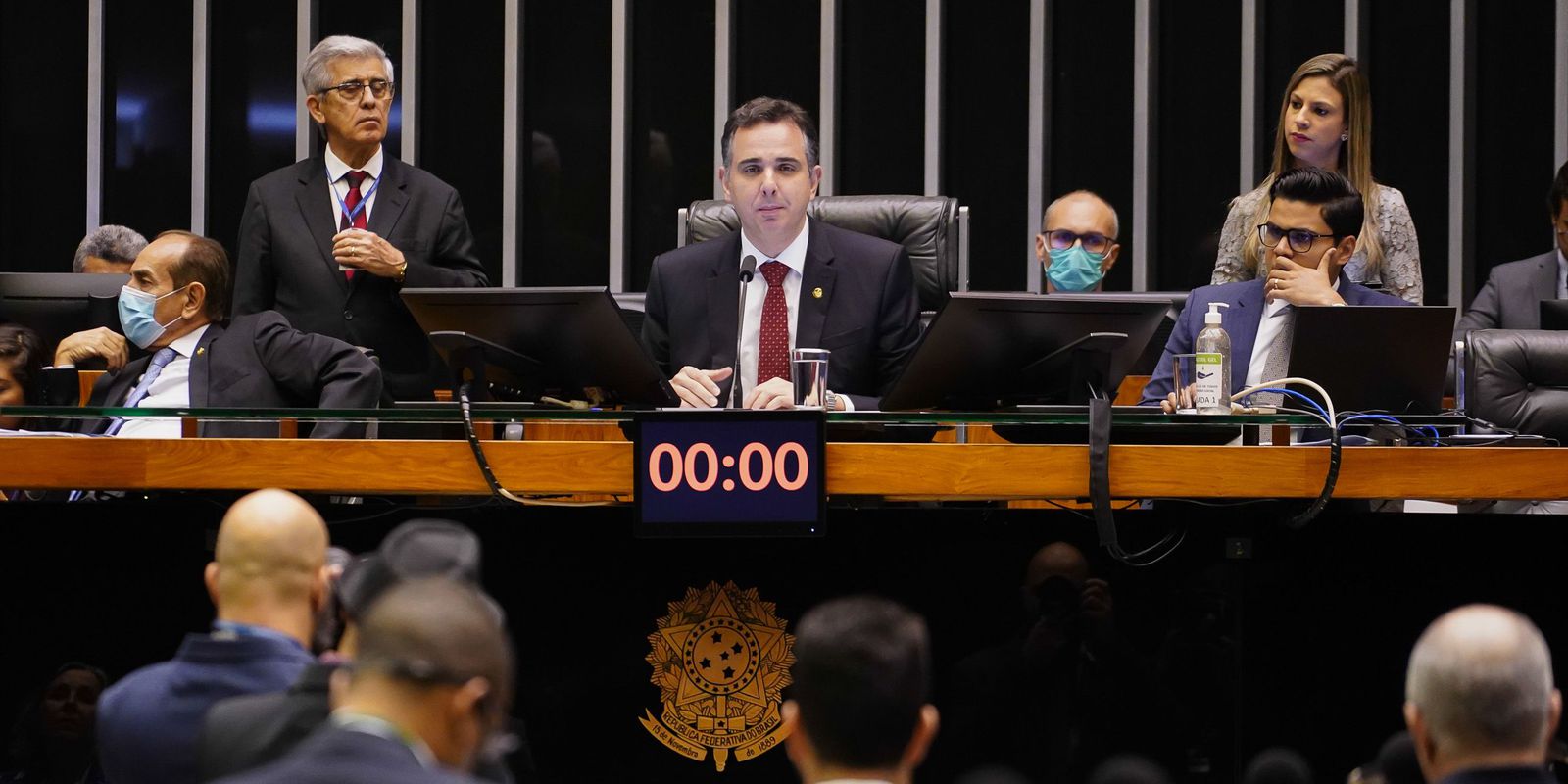The drop in inflation by 1.4 percentage points from October to November is a starting point for the strategy of the economic team, which attributes this virtuous path to specific decisions such as fiscal regulation, the end of financing to the Treasury with monetary issue and the implementation of the Fair Prices program, among other actions.
“We are satisfied but not happy, the number is still high for what we intend to be the recovery of the purchasing power of Argentines. Our goal is for April inflation to be on the 3rd,” said Economy Minister Sergio Massa on Friday, referring to the data released Thursday by INDEC, which marked a 4.9% rise in the Consumer Price Index (CPI) in November.
This CPI record marked a sharp slowdown compared to the 6.3% registered in October, accumulating in the first eleven months of the year a rise of 85.3% and an annual increase of 92.4%.
“120 days ago, when we started this task, we proposed to go through a progressive drop in inflation every 70 days with economic measures and a series of agreements,” said the Head of the Palace of Finance in radio statements and stressed the need to “maintain the levels of public investment because it is important to lower it without damaging the productive fabric or the level of people’s consumption”.
The measures that led to the decline
Sources from the economic team specified this Friday that the drop in inflation was sustained, among other reasons, by the suspension of financing via issuance that the Central Bank had been making to the Treasury.
Also highlighted was policy of positive rates and the ordering of net international reserves“which went from negative (-US$426 million) to positive (+US$7,000 million).
Likewise, the sources consulted highlighted that “the relations and disbursements of the IMF (International Monetary Fund), IDB (Inter-American Development Bank) and World Bank were ordered”.
On the fiscal front, the Treasury portfolio stressed that spending was ordered, falling from the 12.4% deficit in August to meeting the 2.5% goal agreed with the IMF.
“I think that if we respect the agreements and if we do our homework in terms of the macroeconomic program and goals, the greatest responsibility lies with the economic team and the government, but if we have articulated work with the business sectors of Argentina we can give price stability to Argentines,” reflected the minister.
Expectations
As for inflationary expectations for December, he indicated that “it is a month with greater demand and obviously this generates tension in prices, but We are working so that December is also a month without inflationary shocks”.
In Economy they also highlight the implementation of a price schedulewith a path in 49,000 mass consumption and production products, and a fixed price in 2,000 products that account for 68% of people’s consumption, alluding to the Fair Prices program implemented as of November 11.
On the other hand, it was implemented new foreign trade regime controlling the flight of dollars through the ‘Simis’, in reference to the Integral Import Monitoring System, which was replaced by the SIRA (Argentine Republic Import System).
“We have to achieve a reduction in inflation that builds the impact of parity to improve the income of our workers,” said Massa.
“We have to achieve a reduction in inflation that builds that the impact of parity improves the income of our workers and workers”Sergio Massa
Regarding the prices of November, the INDEC measurement determined that the division with the highest increase was Housing, water, electricity, gas and other fuels (8.7%), within which the increase in electricity and gas services stood out as a result of the segmentation of rates throughout the country.
In this subsidy rearrangement scheme, the impact was also felt specifically in Greater Buenos Aires (GBA), where the increase in water was also added by segmentation.
Next in importance was the Communication category (6.4%), which was mainly affected by the rise in telephone and internet services, and Alcoholic beverages and tobacco (6.3%).









